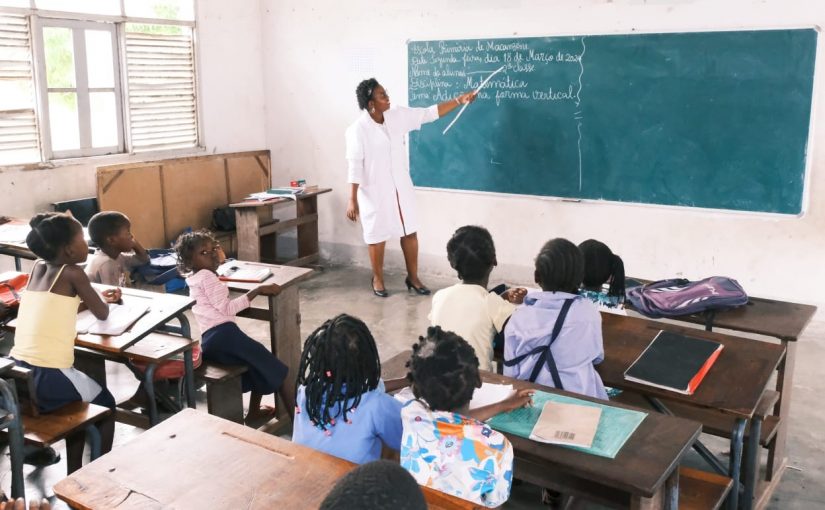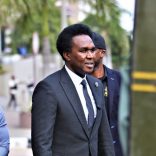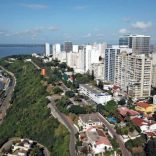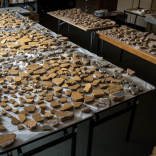Mozambique: Banks' mandatory reserves have already fallen 27% in 2025
Mozambican languages should be given a status similar to that of Portuguese in the education system

FILE - For illustration purposes only. [File photo: AIM]
Mozambican linguist Armindo Ngunga has argued that Mozambican languages should be given equal status to that of Portuguese, considering that the “low quality” of education in the country is the result of the lack of a strategy for widespread bilingual education.
“The problem is that the quality of education is declining. There is no communication between students and teachers and, if there is no communication, since the classroom is a space for communication, no matter how much someone teaches, no one will learn,” academic Armindo Ngunga said in an interview with Lusa marking International Mother Language Day.
The Mozambican linguist criticizes the “lack of enthusiasm” in creating policies and incentives for the widespread use of bilingual education in the country.
“Teachers end up letting children pass without knowing, because if they had to fail, they would all fail, so it is complicated. We need to work seriously on this issue of a bilingual education program so that every Mozambican child, like children around the world, has the right to learn to read and write in the language they learned to speak,” Ngunga argues.
Armindo Ngunga, a linguistics professor at Eduardo Mondlane University (UEM) and former deputy minister of Education and Human Development, was part of the group that tried to implement the first bilingual education initiatives in Mozambique. The Mozambican authorities introduced bilingual education in primary schools in 2015, aiming to facilitate the integration of children who do not speak Portuguese.
Around 90% of Mozambican children start school without knowing how to speak Portuguese, which constitutes an obstacle to the teaching and learning process, according to the latest data released by the Ministry of Education and Human Development.
For Ngunga, this is a matter of “social injustice” – placing children whose mother tongue is an endemic language on the same level and in the same conditions for teaching and learning as others whose first language is Portuguese.
“We have situations where we find a young person who has only finished the 12th grade and who has only started to understand Portuguese at the end of this grade. And we complain, but how would he learn?” asks the academic. For Ngunga, bilingual education in Mozambique should be extended to secondary school, contrary to the current situation, in which it is limited to primary school students.
“We don’t have teachers [to teach in a bilingual model] because we don’t want to train them, we don’t want to have teachers. (…) We have to train people so that they can meet the demands of the education system, a system that is there to serve everyone,” Ngunga argues.
The academic says that the expansion of bilingual education to more schools depends on the political will of the government. “This involves giving languages the same status and level in schools,” he concludes.
The Mozambican government stated in 2019 that it intends for more than five million students to study in Portuguese and a native language by 2029, as part of the Inclusive Education Strategy.
Last year, the country had a total of 2,894 schools that use bilingual teaching, benefiting a total of 886,998 students in Mozambique, according to data released by the government at the start of the 2024 school year.
In addition to being a linguistics teacher at UEM, the oldest in the country, Armindo Ngunga
has also served as Secretary of State for the province of Cabo Delgado, Deputy Minister of Education, and Chairman of the Board of Directors of the Integrated Development Agency of
the North.













Leave a Reply
Be the First to Comment!
You must be logged in to post a comment.
You must be logged in to post a comment.